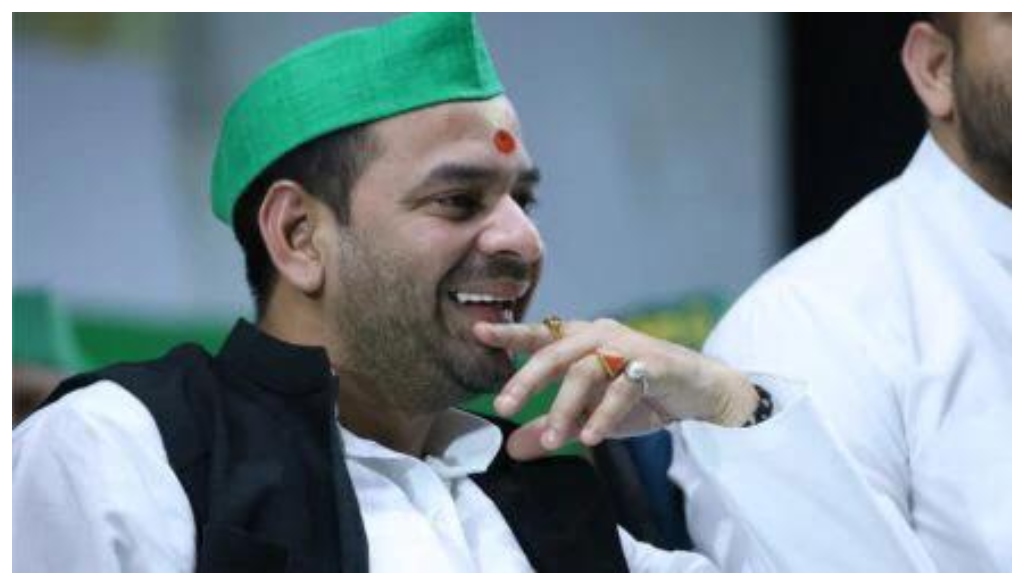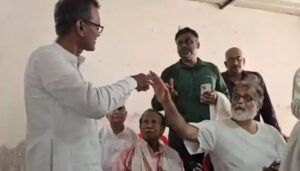
Patna: The six-year expulsion of Tej Pratap Yadav, elder son of RJD supremo Lalu Prasad Yadav, from the Rashtriya Janata Dal has thrust him into a challenging political dilemma, severely limiting his immediate options within the Bihar legislative landscape. The decision, announced by Prasad himself, cites Tej Pratap’s “activities, public conduct, and irresponsible behavior” as the grounds for his removal, effective immediately.
While Tej Pratap retains his seat as a Member of the Legislative Assembly, his status has shifted to that of an unattached member. This crucial distinction means that he cannot align with any other political party without risking disqualification under the stringent anti-defection law. Should he attempt to join another party, he faces the potential loss of his legislative membership, a move that would necessitate a by-election for his constituency.
Despite his expulsion, Tej Pratap remains bound by the RJD’s whip within the assembly. This implies that on matters requiring a party vote, he will still be obligated to vote in accordance with the RJD’s directives, effectively curtailing his independence even from outside the party’s formal structure. The RJD is expected to officially notify the assembly of his expulsion, leading to a separate seating arrangement for him in the Vidhan Sabha.
This development leaves Tej Pratap with a narrow path forward. He can continue as an independent MLA, albeit with limited influence, or attempt to reconcile with the RJD leadership, a prospect that seems distant given the public nature and severity of his expulsion. The anti-defection law, designed to prevent political instability caused by frequent party switching, acts as a formidable barrier to him immediately seeking a new party affiliation.
Political observers suggest that his current options are largely confined to operating as an unaligned legislator, focusing on local issues, or attempting to rebuild his political standing independent of the RJD banner, a task made challenging by the family’s deep-rooted influence in Bihar politics and the strictures of the anti-defection law. His future now hinges on navigating this complex political terrain without formal party backing or the immediate ability to join new alliances.





